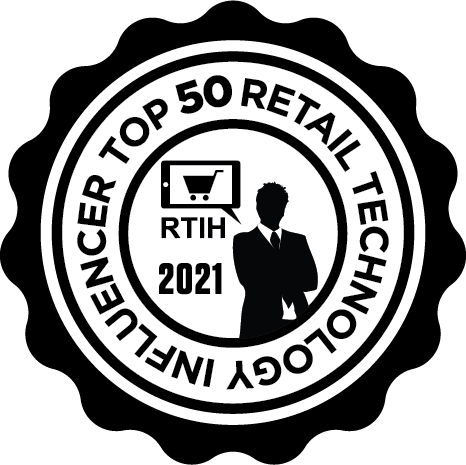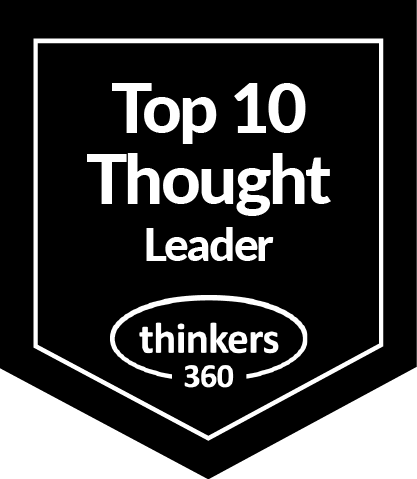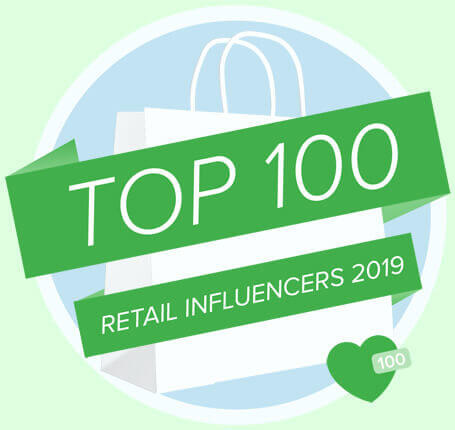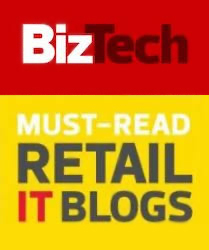VISIONARY / TECHNOLOGY / LEADERSHIP
Top 25 Retail Website / Global Retail Influencer
Leadership
What’s So Special About 2% Inflation?
- February 22, 2023
The 2% inflation target is key to the Federal Reserve’s vision for stable prices. But, where exactly did this 2% inflation goal originate? New Zealand. Watch the video above to learn more about why some economists argue for changing the target - From CNBC
Does The Tesla Semi Live Up To The Hype? -CNBC
- February 15, 2023
Five years after Elon Musk first announced the Tesla Semi, it’s finally hitting roads. CNBC visited Pepsi’s Frito-Lay facility in Modesto, California, where it is using the new electric trucks, to see whether the Semis live up to the hype.
Meta vs. ByteDance: VR as the Next Social Media Battleground | Tech News Briefing | WSJ
- February 15, 2023
ByteDance, the parent company of TikTok, is rapidly growing its share of the global market for virtual-reality headsets. That puts it squarely in competition with Facebook parent Meta. The two are already battling for social-media users and ad dollars.
Why Amazon, TikTok, YouTube Are Betting Big On Livestream Shopping -CNBC
- February 11, 2023
Livestream shopping took China by storm during the pandemic, growing into an estimated $423 billion market in 2022. Think of it like QVC, but entirely online and hosted by famous influencers with millions of followers.
Why The Big Banks Created Zelle -CNBC
- February 10, 2023
Competition among peer-to-peer payment apps like Venmo, PayPal, Cash App and Zelle have been heating up for the past 10 years. The big banks tried to compete in the space when PayPal first came on the scene 25 years ago, but their business models failed.
Why Wealthy Americans Love AmEx -CNBC
- February 09, 2023
Armed with impressive rewards and a loyal customer base, Amex has achieved impressive growth over the years. The company’s revenue has increased over 32% since 2017 and shares of the company have shown resilience and growth in a tumultuous market.
Why Is Amtrak Service So Slow in Most of the U.S.? | WSJ
- February 08, 2023
Outside the Northeast Corridor, Amtrak service is often slow and infrequent. The company’s worst performing train is delayed by an hour and a half on average. But the rail network says it has wanted to invest in new and improved routes for years.
An EV Pricing War? Behind Tesla and Ford’s Price Cut Strategies | WSJ
- February 04, 2023
Weeks after Tesla slashed prices on a number of its models, Ford Motors dropped the price of its electric Mustang Mach-E. WSJ auto reporter Nora Eckert compares the auto makers’ strategic moves and explains what this means for the industry.
How The U.S. Labor Market Went From 'Quiet Quitting' To 'Quiet Hiring' -CNBC
- February 03, 2023
Remember 'quiet quitting?' It described the trend of employees choosing not to go above and beyond in the workplace. Well, that was 2022. This year there's a new vogue practice — "quiet hiring."
Why OpenAI’s ChatGPT Is Such A Big Deal -CNBC
- February 02, 2023
OpenAI, which Elon Musk helped to co-found back in 2015, is the San Francisco-based startup that created ChatGPT. The company opened ChatGPT up for public testing in November 2022. In a week, the artificial intelligence model amassed over a million users.
Why Amazon's Marketplace Failed In China -CNBC
- February 01, 2023
Amazon entered the China market in 2004 through a $75 million acquisition of Joyo.com, an online media seller. During its time in the country, substantial competition from local e-commerce giants hindered its ability to capture a breadth of market share.
Scam Calls Are Still a Huge Problem. How Do We Block Them? | Tech News Briefing Podcast | WSJ
- January 28, 2023
Phone scams may seem like a thing of the past, but nearly a quarter of older adults who reported losing money in a scam last year said it all started with a phone call.
Why Lego Isn’t (Just) a Toy Company | WSJ
- January 27, 2023
Content helped build Lego into the world’s largest toy maker. Its movies, TV shows and video games take advantage of licensing deals with some of the world’s biggest brands, like Batman and Star Wars, to grow its customer base.
Why Everyone Is Openly Talking About Pay -CNBC
- January 25, 2023
Increasingly popular pay transparency laws benefit some workers and increase social equity, but economists warn they could diminish the negotiating power of the labor force at large.
Why Chinese Tourists Aren’t Returning Fast Enough for the Global Travel Industry | WSJ
- January 21, 2023
Countries around the world are welcoming back Chinese tourists, once the largest source of tourism revenue globally. But even as China reopens its borders, the travel industry isn’t expecting things to bounce back to what they were just yet. Here’s why.
The Rise And Fall Of Planetariums - Cheddar Explains
- January 20, 2023
In 2017, NPR called school planetariums “relics of the space race.” Because that’s what they’ve become.
Is Toyota late to EVs? -CNBC
- January 19, 2023
Environmentalists and electric vehicle advocates are accusing the world's largest automaker, Toyota, for dragging its feet, and even opposing electrification. But Toyota, argues that many of those markets aren’t ready for electric vehicles.
How a Noncompete Agreement Ban Could Add $300 Billion to Worker Wages | WSJ
- January 18, 2023
The Federal Trade Commission proposed a new ban on noncompete clauses, which the agency says hurts workers and competition. Companies argue they protect trade secrets. WSJ breaks down what a federal ban could mean for workers and businesses.
How Americans Are Tricked Into Buying Fake Food -CNBC
- January 17, 2023
The food in your kitchen cabinets may not be what it seems. Fraudsters motivated by economic gain secretly infiltrate the global food market through a variety of means, including counterfeits, dilutions, substitution and mislabeling.
What It’s Like To Deliver For Amazon In New Rivian Vans -CNBC
- January 14, 2023
Amazon has rolled out more than 1,000 electric Rivian vans in at least 100 U.S. cities since July, bringing big changes for some of the 275,000 drivers delivering 10 million packages a day around the world.
Page 10 of 37
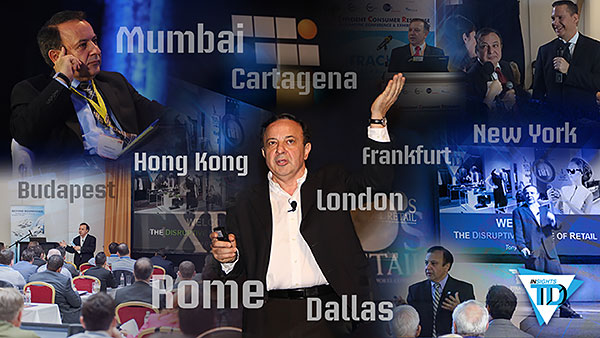
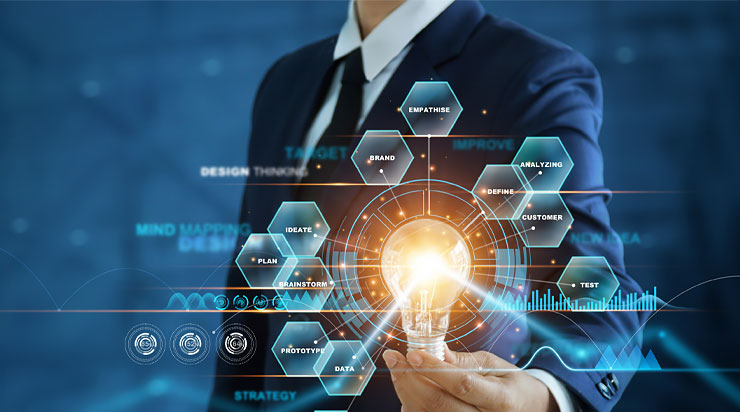
Top 3 Weekly Essentials
Chain Store Age
Harvard Business Review

It is a Small World
“Even monkeys can fall from their trees.” – Japanese Proverb
Continuing our global learning journey, our next stop is Tokyo Japan. Founded, in 1603, this city was once a small fishing village called Edo. In 1890, it became Tokyo which means Eastern Capital in English.
In Tokyo, you will find the world’s busiest intersection, the Shibuya crossing where 2,500 people cross the intersection, every time the lights turn green. This city also holds the record for the most Michelin starred restaurants at 212 places to enjoy amazing food.
Tokyo is the most populous city in the world with 37 million people. Uniqueness is everywhere, even in vending machines, where you can buy hot meals, fresh produce, and even umbrellas. There is one vending machine in the city for every two people.
Have lost count on the many times I visited Tokyo to experience their modern retail industry. This picture is from the New Otani Hotel gardens, a favorite during multiple visits.
As the Japanese proverb that opened this summary reminds us, no matter how accomplished we become, you can always make a mistake. Overconfidence can lead to missteps. Life is one sweet ride and Japan provides many reminders on how to enjoy it.
Categories
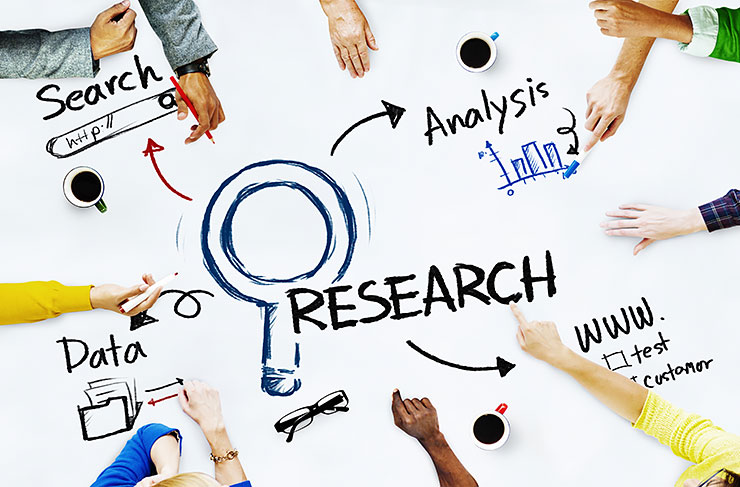
Brilliant Research
World Happiness Report 2024
The top 10 countries have remained much the same since before COVID. Finland is still top, with Denmark now very close, and all five Nordic countries in the top 10. But in the next 10, there is more change, with the transition countries of Eastern Europe rising in happiness (especially Czechia, Lithuania and Slovenia). Partly for this reason the United States and Germany have fallen to 23 and 24 in the rankings. - A partnership of Gallup, the Oxford Wellbeing Research Centre, the UN Sustainable Development Solutions Network, and the WHR’s Editorial Board. Read more
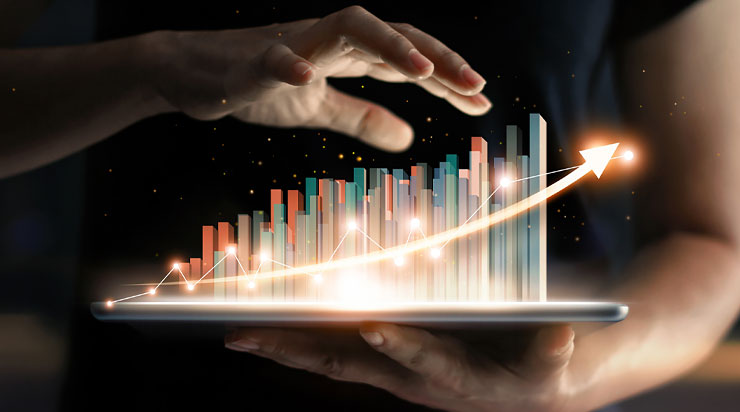
Smart Infographic
ChatGPT Statistics - Users, Revenue (March 2024)
ChatGPT has over 180.5 million monthly users as of March 2024. Nearly 15% of the ChatGPT users are from the United States. More than 92% of Fortune 500 companies are using ChatGPT. atGPT is forecasted to generate a revenue of $1 billion in 2024. 53% of the readers failed to identify ChatGPT written content as AI-written. – From Demandsage.com
Insightful Videos
The World Ahead 2024: five stories to watch out for
From the biggest election year in history, to how to control AI and even taxis that fly, The Economist offers its annual look at the world ahead. Read more
As applicable, all trademarks, service marks, and content in Top 3 Weekly Essentials, Brilliant Research, Smart Infographic, and Insightful Videos published on this site are the property of their respective owners.
Copyright © 2024 TD Insights LLC. All Rights Reserved.
Privacy Policy Cookie Policy



